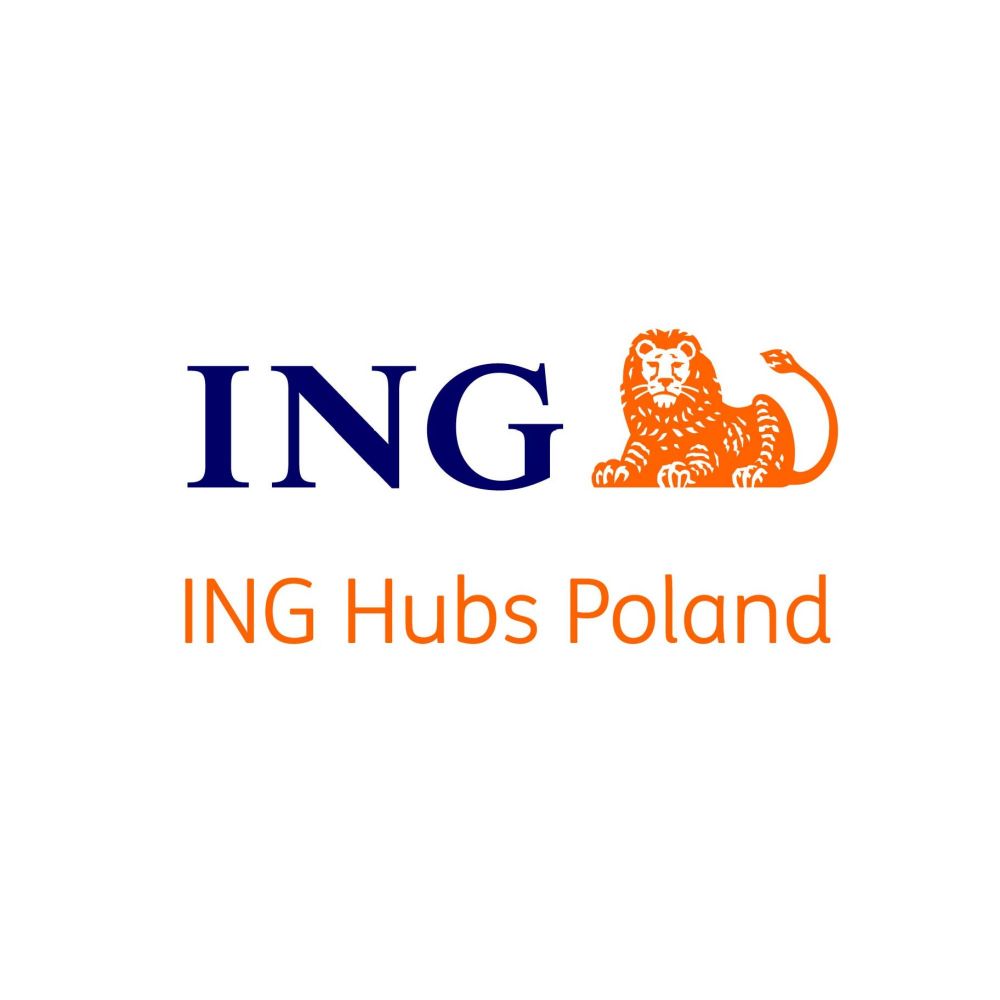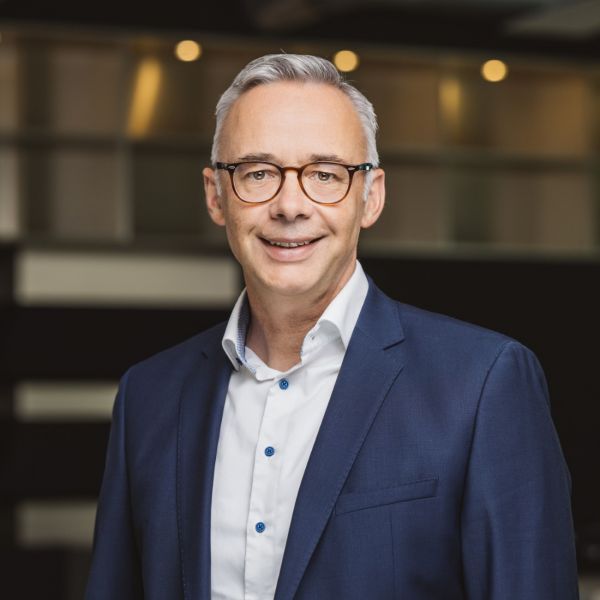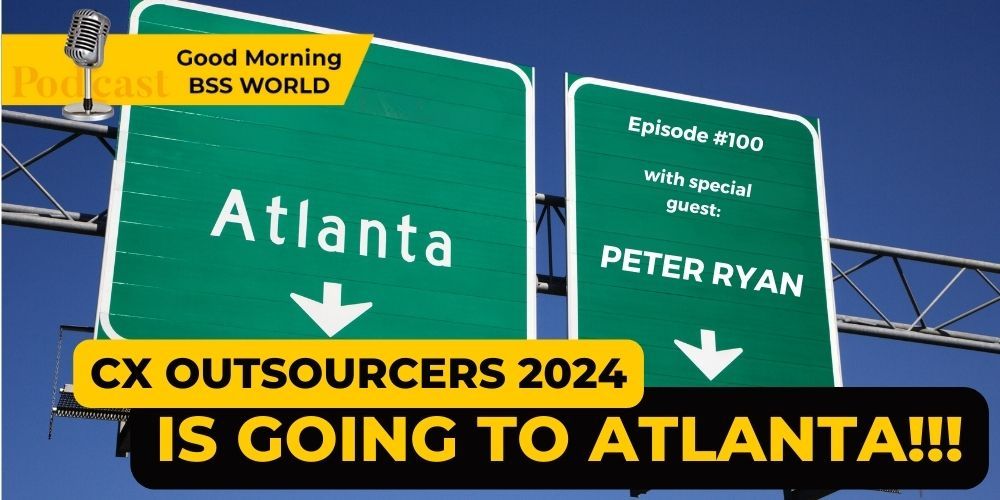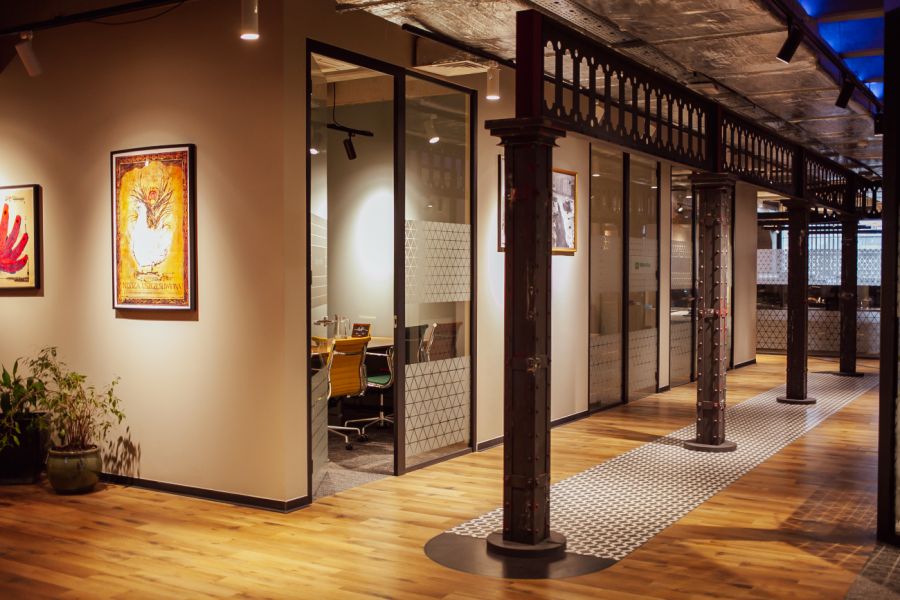Modern technology hubs for banking
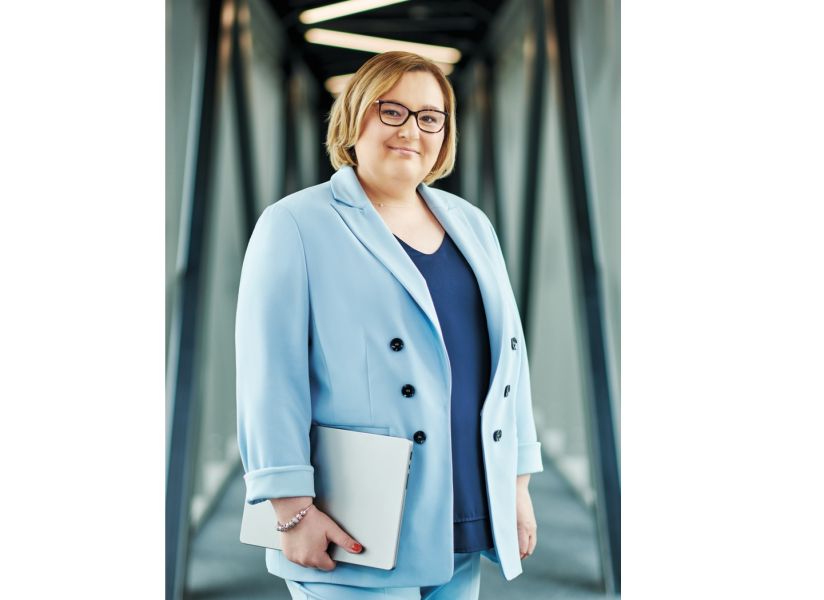
We talk to Anna Mirek, Head of Communications and Marketing at ING Hubs Poland, about issues related to the functioning of IT facilities in Poland servicing ING branches around the world.
FOCUS ON Business: ING Hubs Poland operates in Warsaw and Katowice. What is the story of company’s development in Poland?
Anna Mirek, ING Hubs Poland: ING Hubs Poland is growing dynamically. Just a few years ago, we were an IT company located in Silesia, in Katowice. With the development of our services, we decided to expand the scope of operations and create new business units to support not only IT services, but also operational services at ING around the world. In 2019, we opened the Risk Hub in Warsaw, which is responsible for credit risk management, and in 2021 we started to build the Transaction Monitoring team. This proves that the ING Group appreciates our specialists and entrusts us with more and more new tasks and services. It is worth to underline that the group invites us to work on global projects. It is important because the voice of our engineers and experts is heard and desirable already at the stage of discussing the architecture of the solution.
The following years, the pandemic ones, saw an even greater increase in the number of employees. There are about 1,000 new people every year. I want to emphasize that such a huge number of recruitments does not result from employee rotation, but from the development of the company and thus the creation of new jobs.
What is the spectrum of processes and operations supported by these units?
Our company provides a very wide range of services for most entities operating within the ING Group. I would mention here business areas such as: cybersecurity (so important nowadays), KYC (Know Your Customer) with main goal to prevent financial crimes, anti-money laundering (AML) or terrorism financing, and widely understood IT services such as IT security, remote services, hosting and application.
We also have the so-called Hubs, i.e., specialized units that deal with specific areas, e.g., broadly understood risk (e.g., credit risk modeling and data analysis), Compliance (compliance and financial crime prevention), HR services, or a card service center.
What is the current network of the company's branches in the world and what is the role of Polish offices among them?
ING Hubs Poland is one of the four branches of the Dutch company ING Hubs. There is of course Poland, but we are also present in Slovakia, Romania and in the Philippines. Having hubs in such different places is dictated not only by the need to adapt to the provision of services in different time zones, but also because we feel great potential in these locations. Each country represents different competences and experience, which allows us to complement each other perfectly. This, in turn, affects even better and more effective service of the services entrusted to us.
What makes me very happy is the fact that our employees are involved in an increasing number of global initiatives affecting the development of our services. Poland has become a real business partner with a strong and competent team of experts. We act as an expert who shares knowledge and defines standards for state-of-the-art technological solutions.
In the IT sector, remote or hybrid mode of work is now the most common. What model works for ING Hubs Poland?
Many companies are constantly looking for a good solution, so it was with us. The pandemic has taught us to work 100% remotely, taking away what is most valuable – direct contacts. At ING Hubs Poland, we constantly observe the market and its trends, but we always remember about the unique organizational culture of our company. We just like each other, we like spending time together. Everyone who decides to join our orange family feels this good vibe. We care about relationships and therefore do not want to work remotely to the full extent. We believe that a smart combination of remote work and office work is the best solution. In the office we spend time on team meetings and discussions, while the focused work (individual one) is done remotely. This has a strong impact on the efficiency, but also on the employees’ satisfaction.
In addition, we also work in an Agile way of working. People who know this way of working know that it involves rituals, i.e., team meetings that work best when they take place live, in the office.
What do such meetings look like?
Our offices have been designed in such a way as to combine the possibility of conceptual work with teamwork. On our surface there are large tables, comfortable chairs, but also comfortable sofas or pouffes... I often see teams that organize meetings in the so-called Fun Zones, where they can hold a meeting and play a game at the same time. This is also our way of combining work with spending time in the office.
How many days per week or month do employees spend in the office?
We adopted a strategy of adjusting the way of working and the time spent in the office to each team individually. It is the team and the manager who know best how many days they should spend together, at joint meetings in the office, and when they can work remotely. This strategy means that the time spent in the office varies in different business areas. On average, it is about 50% of working time in the office. Which makes me very happy, because it confirms our belief that this approach is the right one. At the same time, it shows that our organizational culture is based on voluntariness and freedom. We do not want to force employees to do anything. We are happy to see them involved and motivated to undertake various activities.
Solutions based on modern technologies are becoming more and more visible in the activities of banks and financial institutions. What challenges do the IT facilities of such an organization face in this regard? And which area do cybersecurity professionals need to pay the most attention to now?
Each company tries to be as close to the customer as possible and respond to their needs, and even anticipate them. The world of IT, the world of technology supports us in this and allows us to build modern solutions. However, we must remember about security and that is why every company offering modern technological solutions must provide adequate security. Nowadays, each of us functions in cyberspace, i.e., in the online world. This means that, for example, our bank accounts, transactions, or applications we use are vulnerable to various types of attacks from the outside. Our security teams operating as part of the global security management unit at ING, they constantly monitor our activities and ensure a high level of security of our services.
In addition, all applications, and systems that we create or supervise are subject to regular security tests. Thus, our clients, i.e., other ING units in the world, can be sure of the high level of services provided.
What is the company's development plan for the coming years?
I will not surprise you with the answer – our plans are to further develop the company, and more specifically to expand the catalogue of services while using our experience in technology and constantly caring for the creation of the best workplace. We can digitize, automate, and simplify. We will also certainly grow as an organization and develop new competences among our employees. Many interesting projects ahead of us.
Thank you for the interview.
This article comes from magazine:
FOCUS ON Business #8 January-February (1/2023)
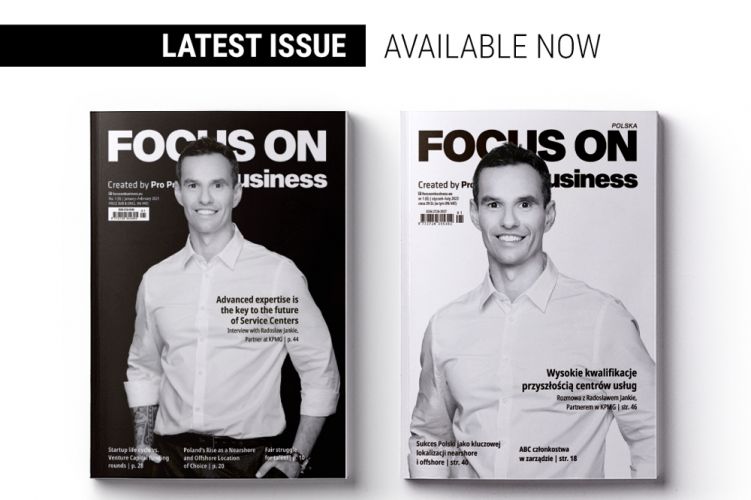 Check the issue
Check the issue


